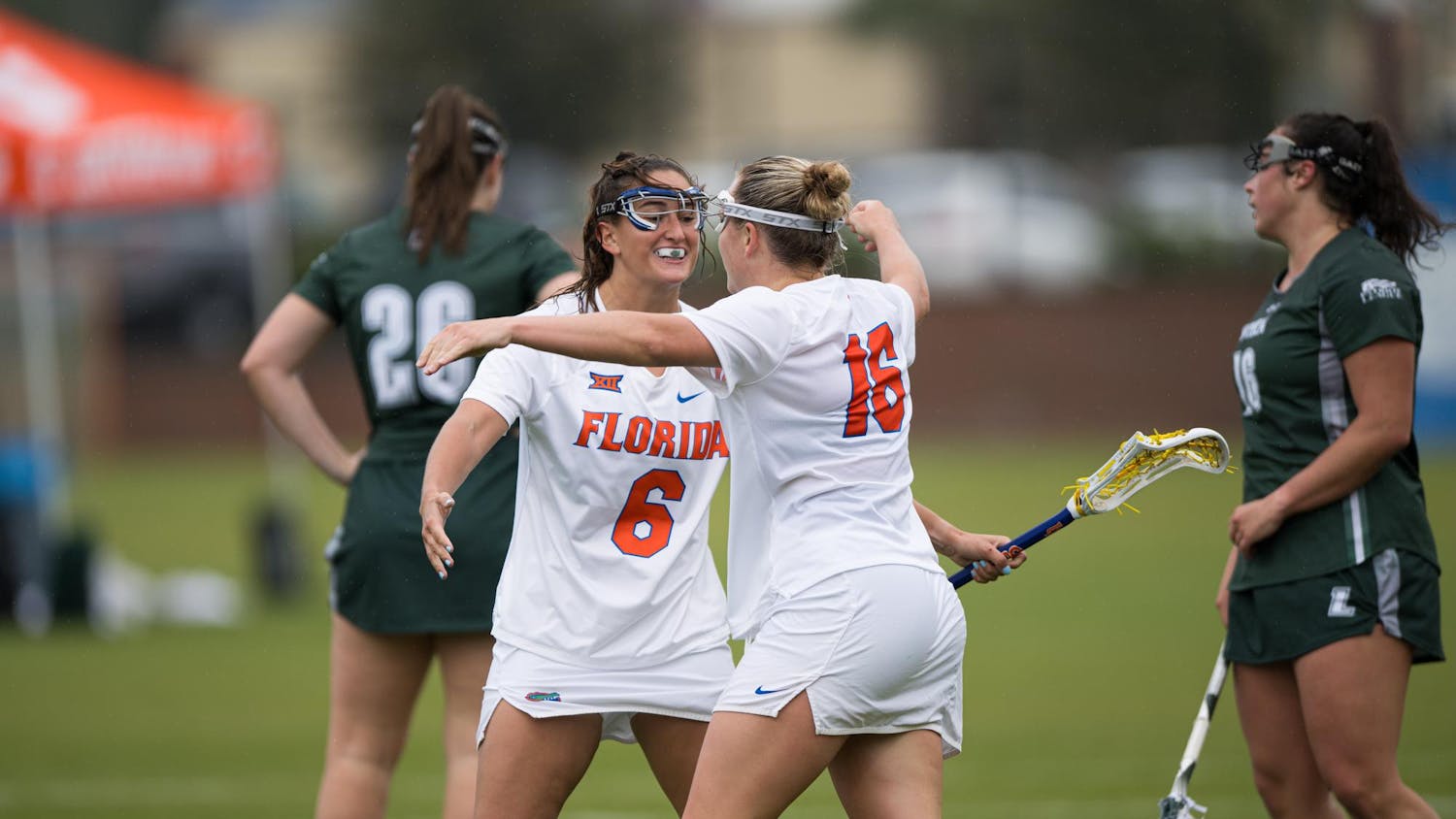A former motel in Cedar Key, Florida, now serves as a UF biological station.
UF’s Institute of Food and Agricultural Sciences opened its Nature Coast Biological Station in Cedar Key this fall to improve research, teaching and resource management on the nature coast, said Mike Allen, a UF freshwater fisheries ecology professor. Allen, the station’s director, said the building was purchased in Summer 2015 and research has already begun.
Renovations have also begun and will include a clam aquaculture facility and water treatment technology. He said clam aquaculture is an approximately $50 million industry on the Gulf Coast.
The college has been doing research in the region for decades, and the new lab will enhance productivity and help UF researchers connect with locals in the community, he said.
"We are going to have an opportunity to improve our research in order to make better decisions for fish and wildlife agencies," Allen said.
According to Jack Payne, the IFAS senior vice president for agriculture and natural resources, the building sold for $585,000 with contributions by UF’s Office of the Provost and Santa Fe College. Santa Fe will store boats at the station.
Mike Davis, the owner of Cedar Key Seafarms, said he is specifically excited about water sampling in the new facility.
He said the company had to stop farming clams for days as it waited on water samples from Florida Fish and Wildlife Conservation Commission water treatment labs to ensure water contamination was not an issue.
"We will use (the research results) to prove the value of what we’re doing down here," Davis said.
Savanna Barry, a 27-year-old UF fisheries and aquatic sciences doctoral student, said she is looking forward to conducting research in the new lab.
"The nature coast is one of the best-kept research places in Florida," Barry said. "This research center is going to be a really good jumping off point for research in the area."





